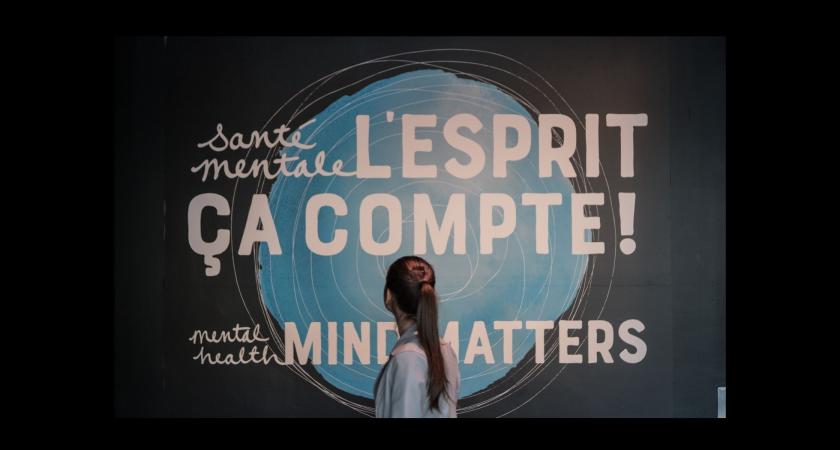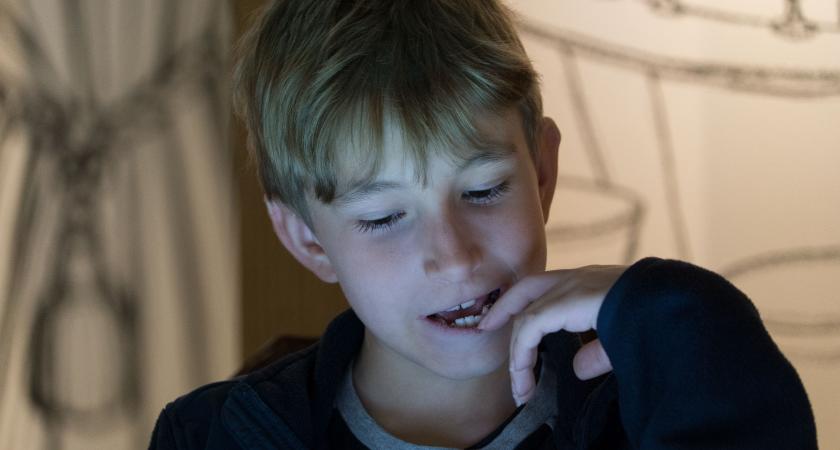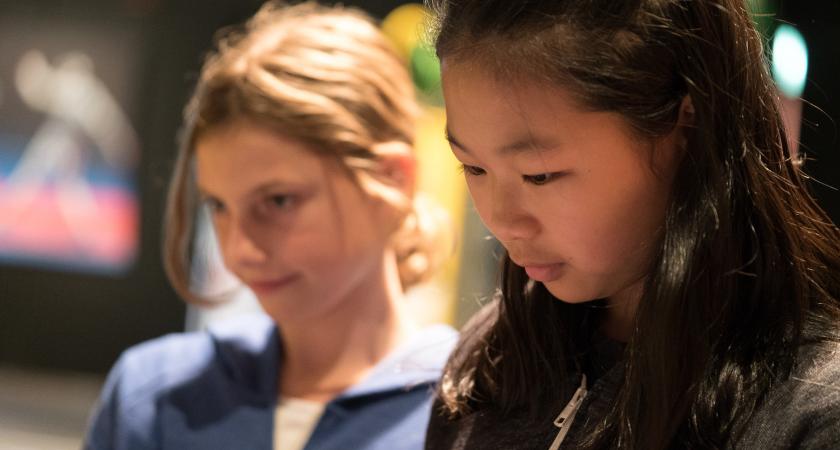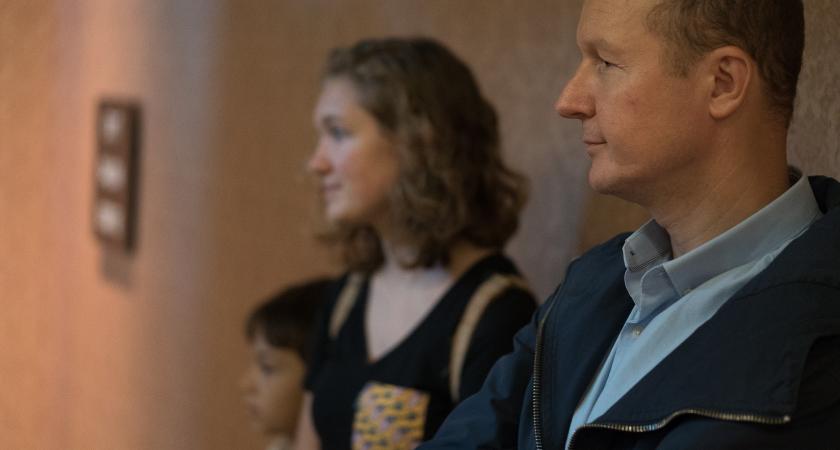We can all agree that 2020 was not a typical year for anyone, including teens.
COVID-19 has stirred a lot of talk about the importance of mental health. As it turns out, just last year, the Montréal Science Centre presented Health from Head to Toe, an exhibition on mental health.
We’d like to make some resources available to you, along with tools that can make talking about mental health a bit easier.
Browse below and choose the content that best suits your group, whether they are your children or your students. It is all designed to help you understand, raise awareness, and lend support.
Easy ways to relax and manage stress from home with the family
We challenged ourselves to take a closer look at stress so that we can show you that learning how to handle it can be fun!
The Montréal Science Centre has a few techniques to share with you, to help you relax and reduce and handle stress on a daily basis.
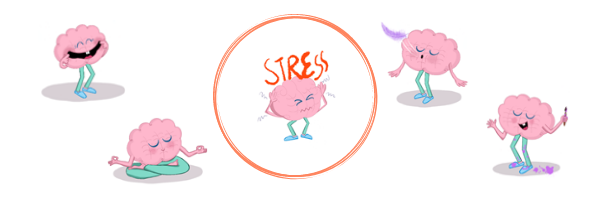
Using four specific exercises (laughter, art therapy, breathing and yoga), we want to show you that stress is not all bad, so long as we learn how to temper it, manage it, and keep a handle on it when it gets to be a handful.
These relaxation exercises are fun and simple, and you can use them on any given day at home with the family, even with young kids.
For parents
Mental health is fascinating and complex. Are you looking for a way to talk with your kids about it?
This guide was designed to offer you helpful tips and resources.
In light of this year’s challenges, it’s likely that the topic has come up with your kids, so don’t hesitate to talk to them about the importance of taking care of their mental health.
For teachers
Are you looking for ways to help students think and talk about mental health and mental health disorders?
This teacher’s guide can help guide classroom discussions about mental health. It includes in-class exercises and also offers tips to help you listen and lend support to your students.
The guide also points you towards specialized resources, services and hotlines where you can find guidance and get help on how to best support your students.
This guide was designed for secondary-level students and teachers. The language used, as well as its activities and content, were all designed for students ages 12 to 17. Please ensure you adapt this content if you plan on presenting it to cycle 3 elementary students.
